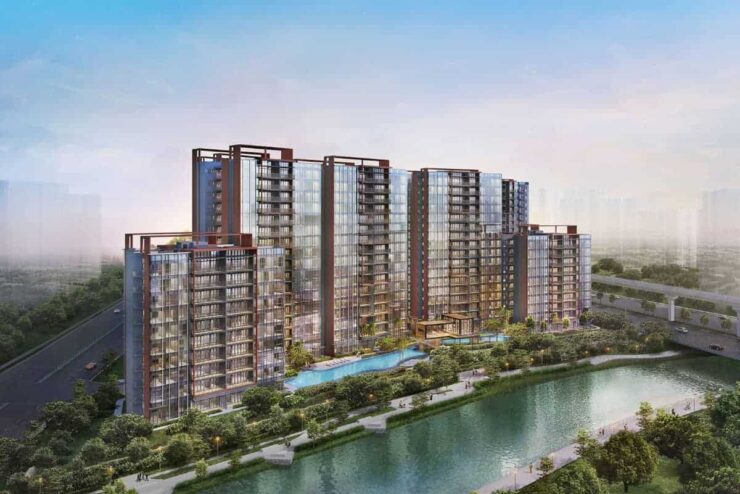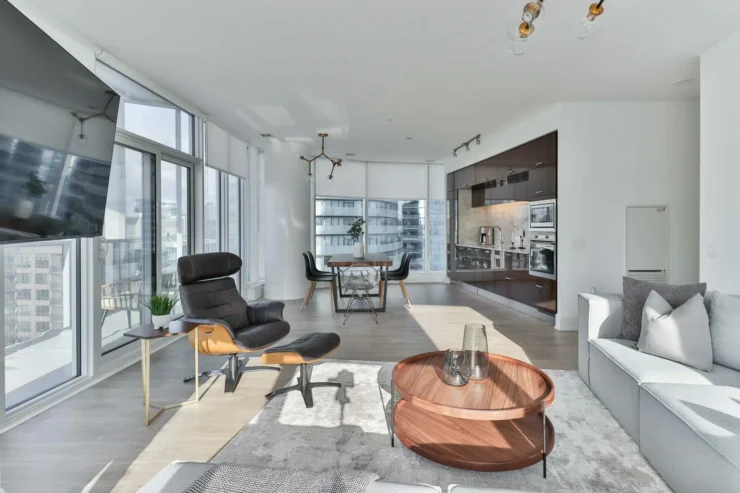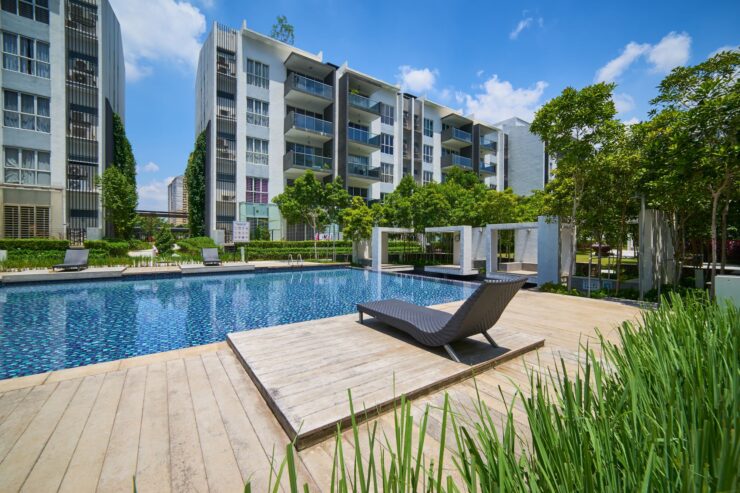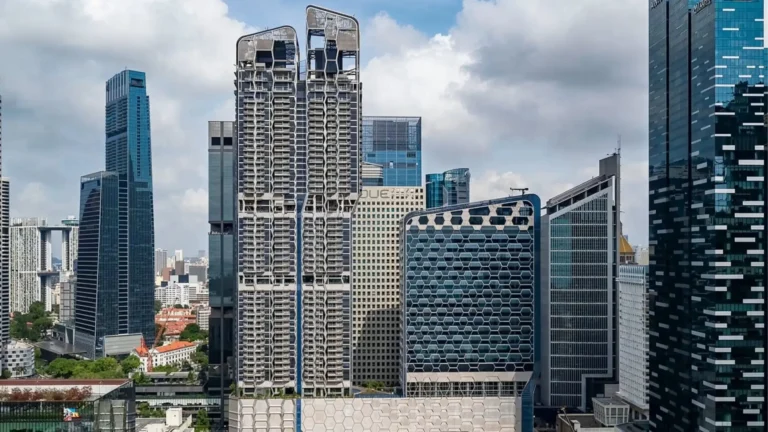Singapore is renowned for its vibrant cityscape, modern infrastructure, and exceptional quality of life, making it a top destination for expats looking to invest in property.
Many foreigners are still drawn to the city-state due to its stable economy, strong legal system, and strategic location in Southeast Asia.
However, buying an apartment in Singapore as an expat is not without its challenges.
Types of Properties Expats Can Purchase
In Singapore, not all properties are open to foreign buyers, so it’s crucial to know your options:
Private Condominiums
These are the most accessible properties for expats, with minimal restrictions.
Condos offer luxurious amenities like swimming pools, gyms, and security services, making them ideal for those seeking comfort and convenience.
Foreigners can buy these without government approval, making them a popular choice.
Executive Condominiums (ECs)

Executive Condominiums are a unique hybrid between public housing and private condos. However, expats can only purchase ECs on the resale market after they reach 10 years of age.
The option is less common but can be an attractive investment due to its relative affordability compared to private condos.
Landed Properties
Landed properties, such as bungalows or semi-detached houses, are generally off-limits to foreigners.
The only exception is on Sentosa Island, where foreigners can buy landed homes with government approval.
If you’re determined to own landed property on the mainland, you’ll need special approval from the Singapore Land Authority (SLA), which is rarely granted.
Strata-landed Houses
These properties combine the features of landed homes with the convenience of condos, usually situated within gated developments. Foreigners may purchase these if they are part of a condominium complex, though they still face certain restrictions based on the development’s specific guidelines.
Financing Your Property
Securing financing as an expat can be challenging but not impossible. Here’s what you need to know:
Loan-to-Value (LTV) Ratio
For expats, the LTV ratio is generally capped at 75% for your first loan, meaning you can borrow up to 75% of the property’s value. For subsequent purchases, the LTV ratio decreases, requiring a higher down payment.
Down Payment Requirements

Expats must make a minimum down payment of 5% in cash for their first property.
For additional properties, the down payment requirements increase, with a portion paid in cash and the rest via CPF or other financial sources.
Securing a Mortgage
Expats can approach local banks like DBS, UOB, and OCBC for mortgages. It’s advisable to have all required documentation ready, including:
- Proof of income
- Credit history
- Valid employment pass
Some banks may offer specialized loan packages for foreign investors, so comparing rates is crucial.
Key Considerations Before Buying
Before committing to a property purchase in Singapore, especially as an expat, it’s crucial to evaluate several factors to ensure a sound investment:
Exploring New Developments
For expats considering new developments, Elta is a noteworthy option. Located at Clementi Avenue 1, Elta is a 99-year leasehold condominium developed by MCL Land and CSC Land Group.
Leasehold vs. Freehold Properties
The majority of properties in Singapore are leasehold, typically with 99-year leases. Freehold properties, though more expensive, offer ownership without a time limit. However, they are less common and often come at a premium.
Maintenance Fees for Condominiums

Condominium living entails monthly maintenance fees that cover the upkeep of shared facilities such as swimming pools, gyms, and gardens. These fees vary depending on the development’s size and amenities, so it’s essential to factor them into your budget.
Exit Strategies
Consider your long-term plans. If there’s a possibility of relocating, having an exit strategy, such as renting out or selling the property, is vital. Understanding the rental market and potential resale value can help mitigate future uncertainties.
Summary
Buying an apartment in Singapore as an expat can be a rewarding experience, provided you understand the local property landscape, regulations, and associated costs.
The process, while complex, is manageable with proper research and preparation.

